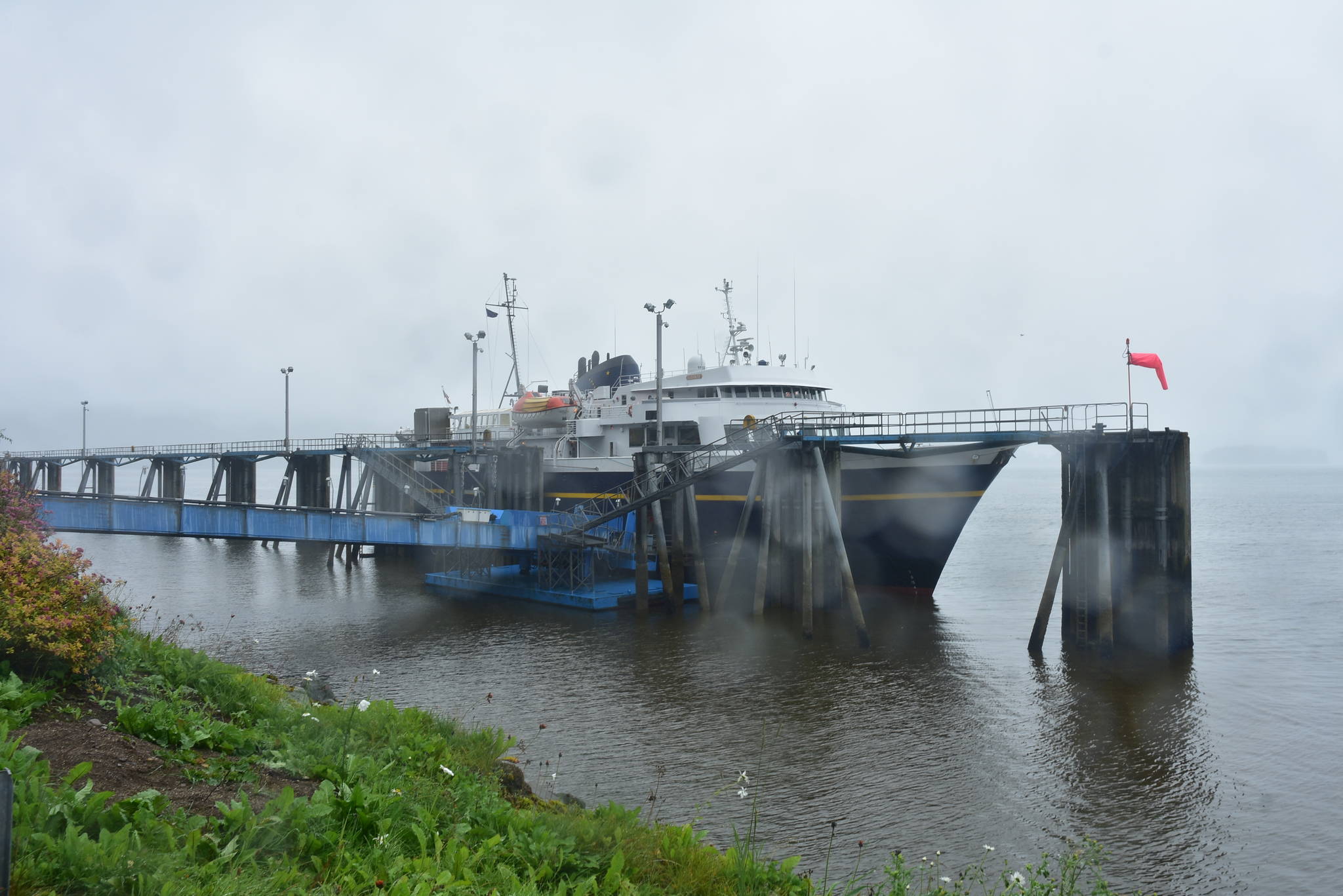JUNEAU, (AP) — The group tasked with reforming the Alaska Marine Highway System said a $24 million subsidy proposed by Gov. Mike Dunleavy to run the system is insufficient.
The Alaska Marine Highway Reshaping Work Group said the funding is not enough to fix the system regardless of whether ferry operation is public or private, CoastAlaska reported Sunday.
The nine-member task force appointed by the Republican governor in February faces a Sept. 30 deadline to complete its report. The group was asked to define essential service levels for coastal communities without road access and recommend ferry system operational and efficiency changes.
Group members have studied data from a $250,000 study commissioned by the Dunleavy administration that concluded privatization of core services is not a realistic option.
“None of the dozens of studies have come up with the idea that any private operator could run the system and make a profit,” Chairman Tom Barrett said at the group’s July 16 meeting.
The study proposed scenarios for running the system on the $24 million subsidy Dunleavy proposed in February 2019.
Work group member Wanetta Ayers said the low funding target was counterproductive and could critically injure the system, noting the food shortages and other struggles some coastal communities faced last winter when the sole mainline ferry broke down.
“We’re probably just stepping over dollars to pick up dimes because it’s going to cost us so much more as a state to try and sustain these communities that we’re crippling,” Ayers said.
Republican state Sen. Bert Stedman said the ferries are also part of the state’s emergency supply chain in case catastrophe hits communities away from the coast.
“The marine highway becomes an essential corridor for keeping those Alaska citizens fed and watered,” Stedman said.
Tony Johansen, a Fairbanks-based highways contractor appointed to represent road-connected communities, has been critical of the marine system’s expense.
Johansen urged the group to consider the size of populations served in relation to the amount of money required for ferry service.
Members agreed money alone would not fix the system because waste, mismanagement and poor planning cause difficulties.


